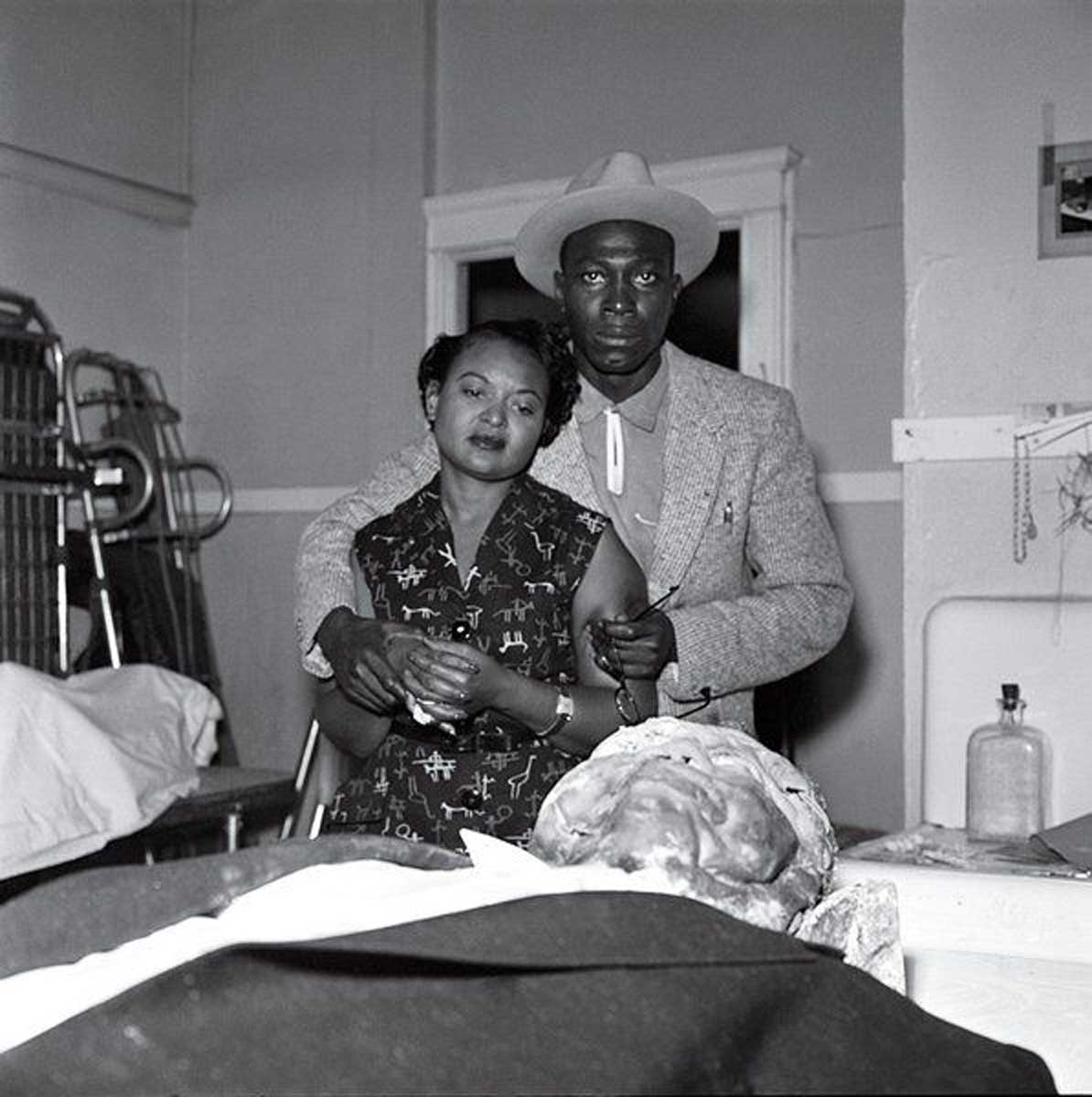BRAD DYE: The importance of outdoor mentors
Published 10:00 am Wednesday, October 16, 2019

- Photo courtesy of Brad DyeDan Dye with his first dove. Hunting is about so much more than just shooting. Having a good mentor is key to success in the field and critical to the future of all our outdoor sports.
I read an article last week by Charles Dodd White that made me think back to my Hunter Safety Course and, more importantly, to the training I received from my father about what it means to be a hunter.
The article, published in The Bitter Southerner, is entitled “Why I Don’t Hunt Anymore.” I would encourage you to read it as he brings to light some very valid concerns. As White states, “While there are many who still practice the reverence and respect that were hallmarks of my youthful hunting experience, it seems their numbers thin each season.”
Based on my observations, I think White’s concerns are reasonable. He goes on to say that many hunters in the South seem to have, “…forgotten what it means to experience the particular beauty of the wilderness. They don’t go out there to embrace solitude and time. They go out there to pull the trigger, and they have no qualms about advertising the fact.” I think social media and our addiction to it as a whole play a large part in the problems he discusses in his article. I also think our maturity as hunters is a factor.
While I do respect White’s decision to no longer hunt (he is still an active fisherman and outdoorsman), I feel the response must be different if we are to hope for any change. In many of his articles, Mike Giles, who inhabits this page with me and who I am proud to call my friend, has expressed the importance of being a mentor in the outdoors.
In light of this, I thought about my two greatest outdoor mentors, my father and my father-in-law, and the role they both played in my development as a hunter. I also thought back to my days in Mr. Priest’s Hunter Safety Class and, more specifically, a lesson from that class on the Five Stages of Hunting.
If I remember correctly, the Five Stages of Hunting are as follows: The Shooting Stage, The Limit Stage, The Trophy Stage, The Method Stage, and The Sportsman Stage. Here’s a quick breakdown:
The Shooting Stage is fairly straightforward–you want to shoot things. Mentoring is key here as a respect for what is being shot must go hand-in-hand with the shooting.
The Limit Stage is just that–you want to get a limit of whatever it is you are pursuing. Again, this must be joined with respect for the game and ethics. How far will you go to get that limit?
The Trophy Stage brings maturity into the equation as the hunter is selective in what he or she takes. However, the ethical component is still critical. What steps are you willing to take to get your trophy?
The Method Stage requires another level of maturity as how you hunt and harvest game becomes more important than the number you take. The trap here is becoming the person whose way is the only “right way.”
The Sportsman Stage is all about the journey, the total experience. For the hunter that has achieved the Sportsman Stage, bagging game is no longer the most important thing. For this hunter, it’s all about the adventure.
In his assessment of the Five Stages of Hunting, Field and Stream writer Phil Bourjaily points out, I believe accurately, that the stages, “…make the most sense…if you allow that it’s possible to be in more than one stage at once. Or, if you think of them more as parts of a continuum rather than as steps in a progression.”
In light of this, I consider myself a “Method-Sportsman” as I love the process and I love the experience. For me, everything else is just gravy on top as I enjoy shooting, I enjoy when I am able to take a limit, and I consider the last doe I shot just as much of a trophy as the last buck.
As a hunter, I believe I am bound to be a mentor as well. I think in today’s social media world of “kill it and post it,” mentors are needed more than ever. New hunters need to know that taking the life of an animal should be done, as White points out, with “reverence and respect.” The focus should be on the experience and this only comes through solid mentorship and maturity.
To be clear, I am not anti social media and the pictures in and of themselves are not bad things as long as it’s not all about “posting a picture,” and the pictures are done in a tasteful, respectful manner. Make it about the experience along the way and our future in the outdoors will be a bright one. I look forward to seeing you out there in our great outdoors!
Email Outdoors columnist Brad Dye at braddye@comcast.net.




